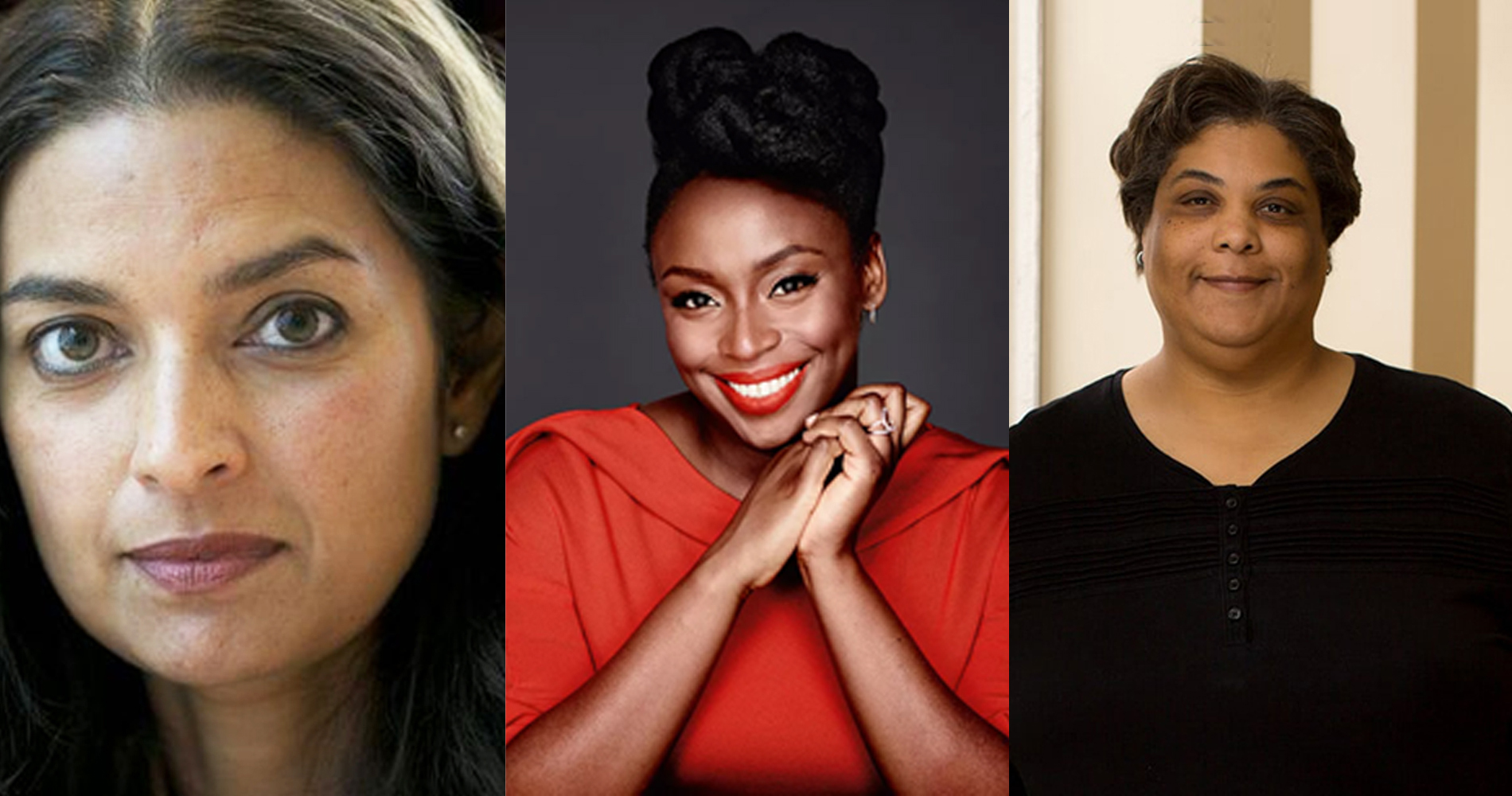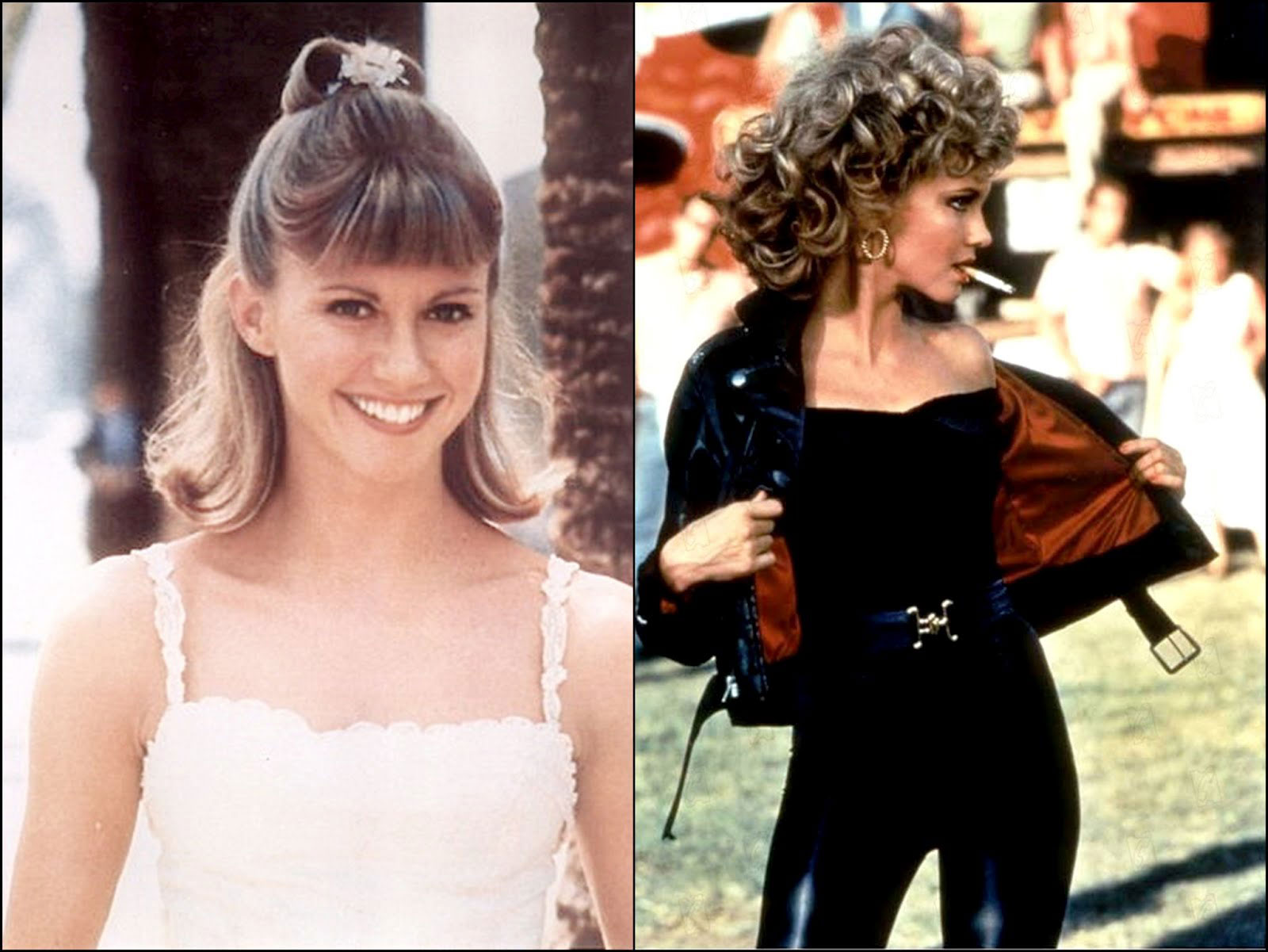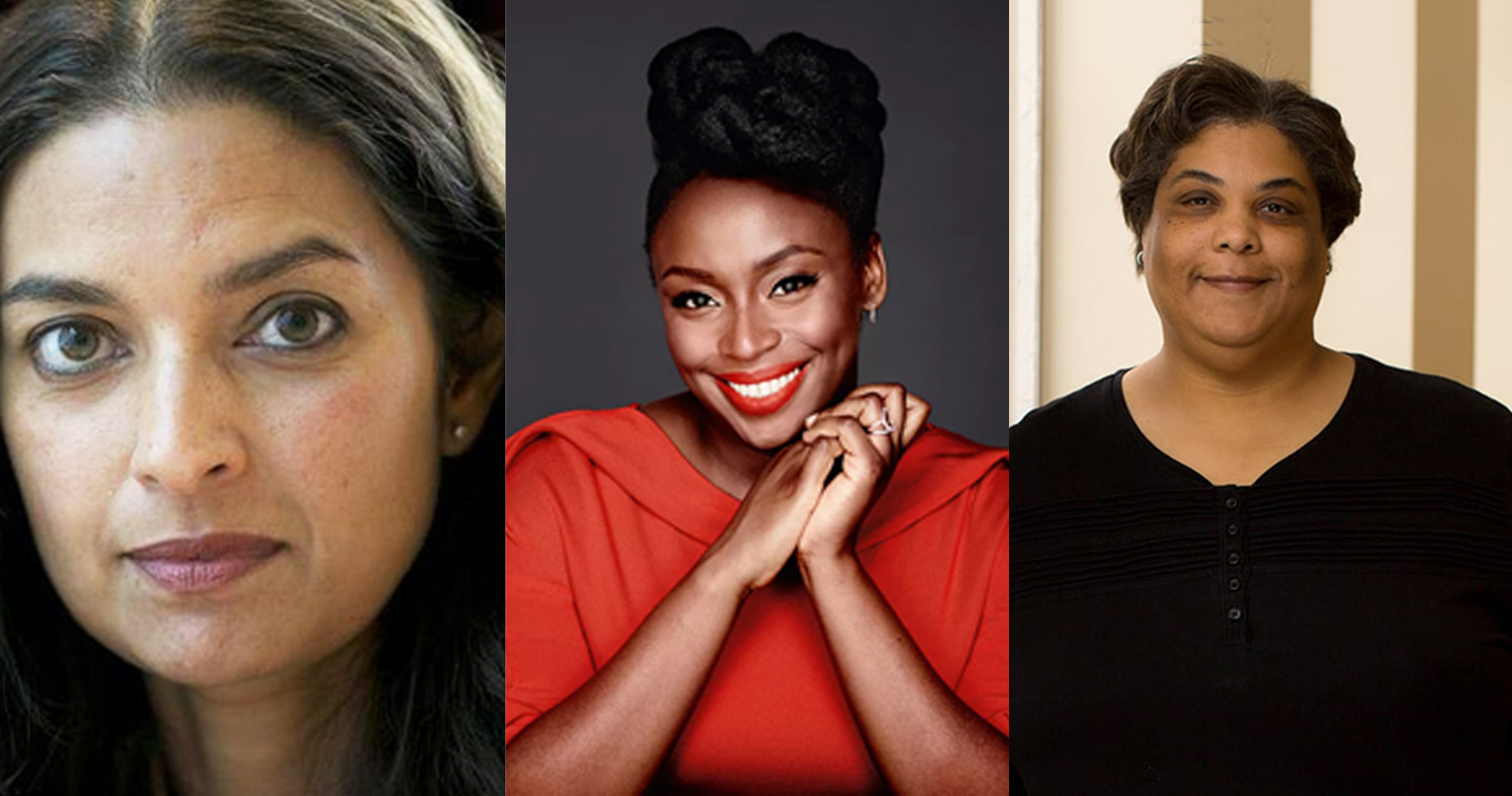
The publishing industry is something of an anomaly. While a study by Lee and Low books found that the industry is overwhelmingly female, statistics compiled by VIDA show that writers themselves are largely male. However, there’s something that ties both together — be it male or female, the stories we are told come from a predominantly white viewpoint.To put this in perspective — a staggering 88% of books reviewed by The New York Times in 2012 were written by white men.
Diverse voices enrich a reader’s experience — and that’s why we’re going to talk about our favorite female writers of color! These women have tackled layers of discrimination to establish themselves as writers to be reckoned with, while engaging with issues like racism, sexism, and political turmoil with sensitivity and nuance.
Jhumpa Lahiri
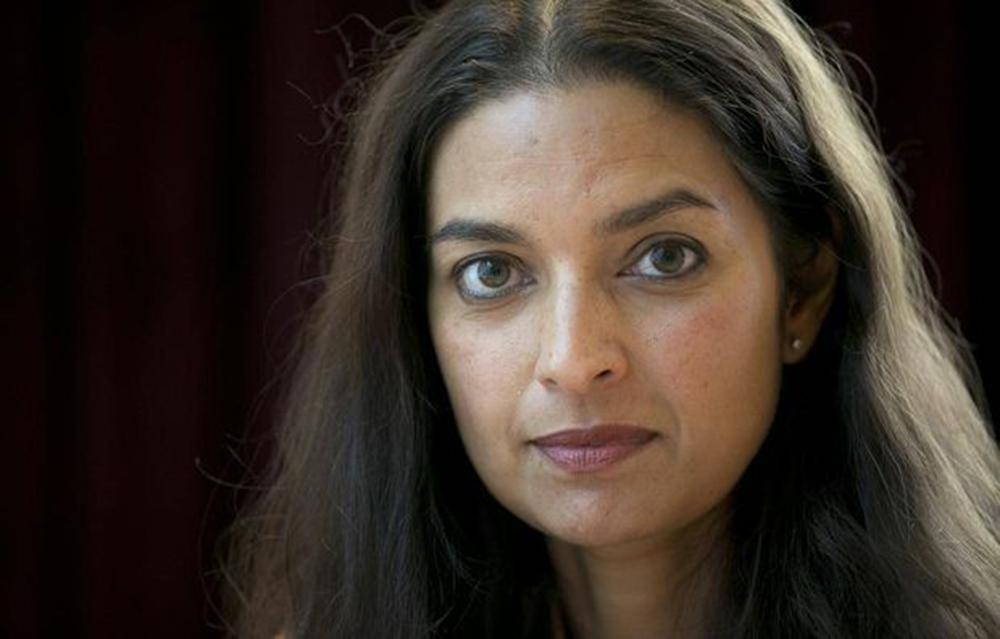
A Pulitzer Prize-winning author of Indian origin, Lahiri struggled with growing up in America as an immigrant. And much of this struggle finds its way into her books. Two of her best known works, The Interpreter of Maladies and The Namesake, delicately deal with the immigrant experience and the search for identity. The former is a series of short stories that focus on the lives of Indians in America, and how they deal with issues such as familial strife and tragedy. The latter follows the life of an Indian family in the USA, as their American-born son copes with growing up with an unusual name and grapples with his mixed, often confused cultural background.
What’s remarkable about Lahiri’s work is the way in which she makes every story intensely relatable. You feel for the characters, you laugh with them, cry with them, and at the end of it all, you get an insight into experiences that are both unique and universal.
Chimamanda Ngozi Adichie
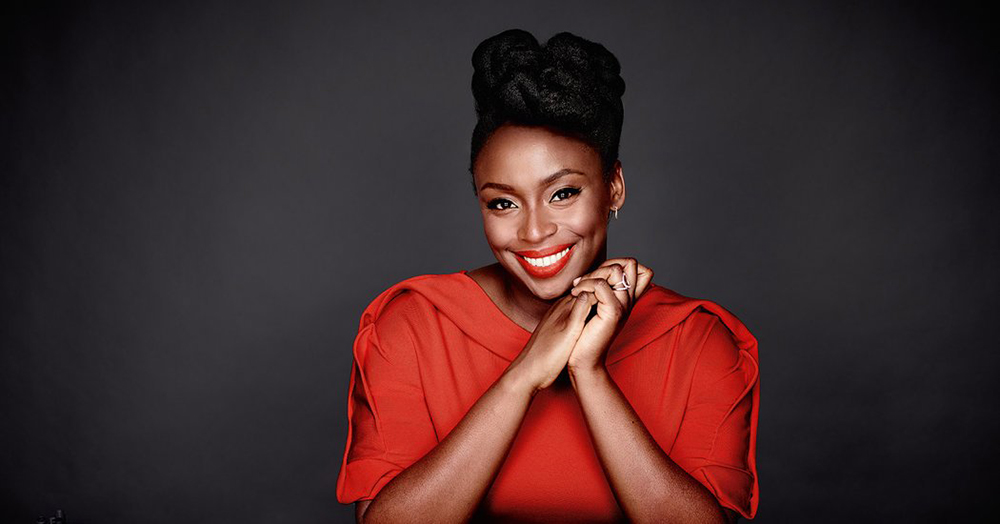
Source:https://www.racked.com/2016/11/22/13714228/chimamanda-ngozi-adichie-boots-beauty
Born in Nigeria, Adichie has established herself as one of the most prominent voices in African literature. Her work touches upon poignant and complex themes ranging from relationships in the backdrop of political upheaval to gender and feminism. While she is best known for her works of fiction such as Purple Hibiscus and Americanah, her recent book length essay, We Should All Be Feminists is a must-read on the subject of gender. The book was adapted from a TED Talk of the same name, and provides a a lucid, inclusive explanation of feminism, peppered with personal anecdotes. Adichie draws from her intersecting experiences of racism and sexism to make the reader conscious to seemingly unnoticeable instances of discrimination, while encouraging the wholehearted acceptance of the misunderstood label, ‘feminist’.
Go ahead and grab a book or begin by watching her TED talk — you may agree with her, or you may not — either way, we know you’ll be enthralled.
Roxane Gay
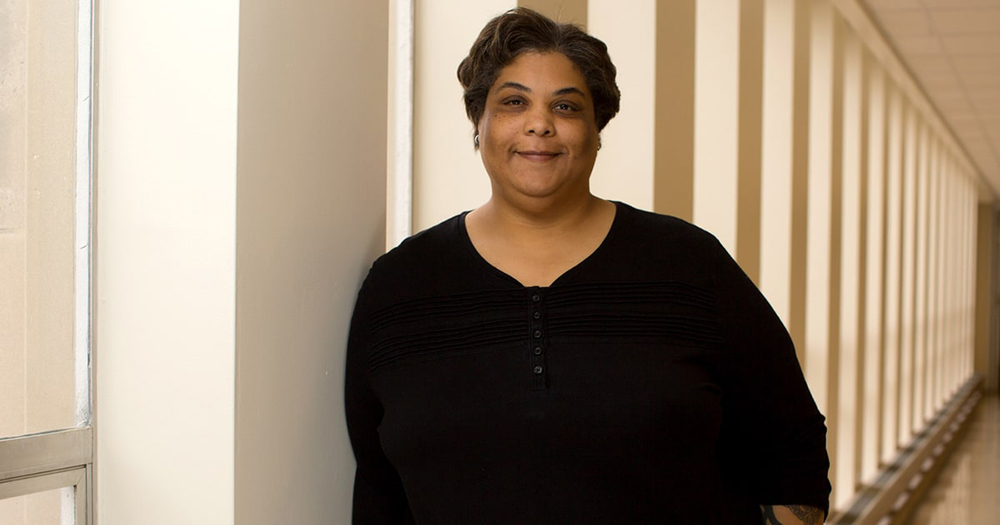
Source:https://www.rollingstone.com/culture/roxane-gay-hunger-author-talks-new-memoir-w488576
Roxane Gay, a writer and cultural critic, is above all, disarmingly honest. A queer African-American woman, she describes herself as having a “wildly undisciplined” body. And her hard-hitting work ‘Hunger’ explores Gay’s experiences in her undisciplined, ‘overweight’ body. In a culture that is forever bombarding women the message that they must be thin to be desirable, Roxane Gay stands out for declaring at the outset that she hasn’t tamed her ‘unruly body’ and ‘unruly appetite’. In her work ‘Bad Feminist’, she also covers topics ranging from pop culture to politics, examining everything from Fifty Shades of Grey to Sweet Valley High through a feminist lens.
For anyone struggling with body image, or with the idea of feminism, Roxane Gay’s work will take you through a journey of self-reflection that will give you some much needed answers, while leaving you with a few difficult questions.
So what are you waiting for? Encourage women, encourage diversity — all you need to do is start reading.
The publishing industry is something of an anomaly. While a study by Lee and Low books found that the industry is overwhelmingly female, statistics
